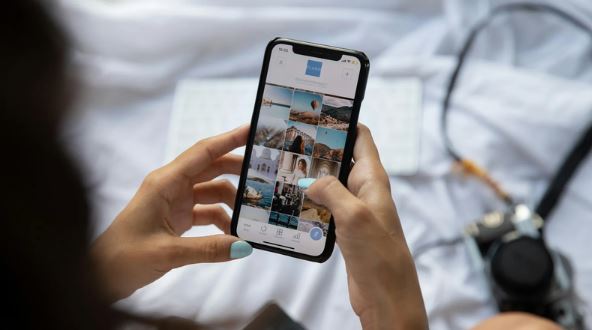
As we approach the festive season holiday period, travel-related scams inevitably increase.
According to Brandon Muller, Technical Expert for the MEA region at Kaspersky, many people are looking forward to taking some time off and escaping to the beach, the bush or overseas..
“Regardless of your plans during the festive break, you should always be vigilant against increasingly sophisticated cyberattacks,” said Muller.
As part of efforts to help travellers protect themselves from cyberattacks, Kaspersky and LIFT shared travel tips so you can have an enjoyable and safe time whilst on holiday.
Be careful of special offers
Muller said, as a general rule of thumb, if an offer seems too good to be true, it usually is.
“Taking the necessary precautionary steps to prevent travel spam and phishing will ensure that your trip is booked safely and smoothly. You must always remain vigilant especially when searching for deals online,” he said.
The expert cautioned travellers to be aware that messages in your mailbox, chat apps, or social networks might be fraudulent.
“Thanks to the availability of more advanced technologies, criminals have become more adept at impersonating airlines, hotels, travel sites, booking systems, and travel agents.
“The intention is to lead you to a fake website where you are lured to provide sensitive information to proceed with booking the deal,” he said.
He advised that you should always be careful to verify the URLs as well as the email addresses.
“When you are looking for accommodation, use specialised services rather than clicking on suspicious links in emails. If you want to ensure maximum protection, use an acknowledged cybersecurity solution,” said Muller.
Book with a reputable travel agency or through an official airline web page
The expert highlighted that scammers will try to lure victims disguised as well-known travel agencies with attractive deals and promotional prices.
“The same applies to flight tickets. Always apply due diligence in these situations and only book trips through trusted travel providers or official airlines,” he said.
Cilliers Jordaan, Chief Commercial Officer of LIFT, also added that they see quite a lot of bookings coming through foreign online travel agencies, who market cheap flights, but the T&Cs associated with those tickets are not always clear.
“Terms regarding refunds and cancellations are important for travellers to take note of, because when bookings are made with other providers, LIFT might be unable to assist with direct refunds, as we are only able to refund the original form of payment, which in these cases is the online travel agency.
“We have no control over when the merchant refunds their clients,” he said.
Jordaan also added that they strongly advise travellers to use reputable and well-known online travel agencies, or book directly on the airline’s website” said Jordaan.
Muller also suggested the use of strong passwords and to enable two-factor authentication for your travel booking and transportation accounts, if possible.
“This adds an extra layer of security by requiring multiple forms of verification, like a unique code sent to your phone, and can secure your personal and financial data as well as earned loyalty program bonuses,” he said.
Keep your information private
Jordaan also said that when you start the holiday, always adopt the same vigilance as when booking your trip.
“This is even more so the case when sharing sensitive, financial information. Keep trip information private.
“Never share your reservation numbers with anyone or post photos of airline tickets with a visible barcode or passenger name record (PNR) on social networks,” he said.
The expert also advised that you wait until you return from your holiday before posting your photographs online.
“Crooks can monitor social feeds and use that information to see when you are gone for an extended period,” he said.
Protect your devices
Muller advised travellers to never leave your devices unattended, protect mobile phones, notebooks and tablets with passwords or biometric authentication.
“Install a reliable antivirus with built-in protection against online fraud and phishing before sending credentials or making online payments,” he said.
Be careful of public Wi-Fi
Using publicly accessible Wi-Fi in the airport, hotel, restaurants and other holiday destinations poses risks of data theft.
“When sharing sensitive or financial information, turn on a virtual private network (VPN). This ensures that your connection is encrypted when conducting an online payment, for example,” said the expert.
He also said that consider downloading offline travel maps to your smartphone for your destination as it’s safer than connecting to public Wi-Fi hotspots every time.
“Cybercriminals use social engineering techniques a lot which makes their fraudulent websites, messages and e-mails quite convincing and effective.
“Although it is exciting to start planning the upcoming holidays and trips, always pay attention to details and double-check everything before sharing your personal or financial information,” said Muller.
